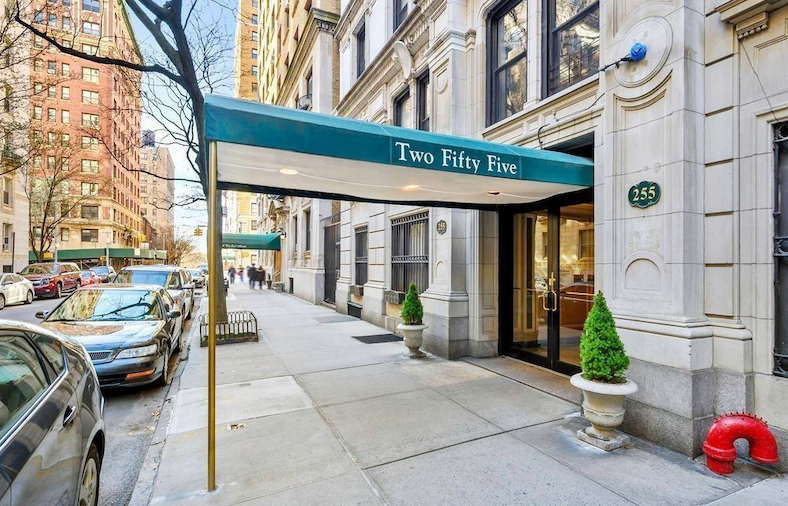Question: “I just looked at an apartment that had no stove and no refrigerator. The rent is great, but no appliances. Don’t landlords have to supply those?”
— Bare Kitchen in Mott Haven
Dear Bare:
In a word: No.
As accustomed as you may be to seeing top-of-the-line ranges, refrigerators and dishwashers in apartments, landlords are under no legal obligation to provide them. Yes, it’s standard practice in New York City to provide kitchen appliances, and it’s important in a competitive market for landlords to offer amenities that at least match what other landlords offer. But there’s no law making them.
Landlords are required to provide some important extras beyond just four walls, a floor and a ceiling, however. Smoke and carbon monoxide detectors, a working toilet, a kitchen sink and other items. Buildings must also provide hot and cold water, heat in the winter, building trash receptacles, even door peepholes and mailboxes. Here’s a good rundown of what landlords are required to provide tenants, and what tenants are required to provide landlords.
Important: If a landlord does offer additional goodies beyond a range and a refrigerator — perhaps an in-unit washer-dryer or air-conditioning unit — then the landlord is responsible for maintaining the appliance and replacing it if it breaks down.
Think of it this way: If it was there when you arrived, you’re renting it and the landlord is responsible for it. If you add it, it’s yours. Caveat: Be sure the lease lists the appliances that are included. That way, if there is a dispute in the future, you will have a record of what was there when you moved in.
David Crook is a veteran journalist and author of The Complete Wall Street Journal Real-Estate Investing and Homeowner’s Guidebooks. Do you have a question about anything real estate-related in NYC? Write him at askus@streeteasy.com. For verification purposes, please include your name and a phone number; neither will be published. Note: Nothing in this column should be considered professional legal advice. If you have a legal issue, consult an attorney.
Related:









